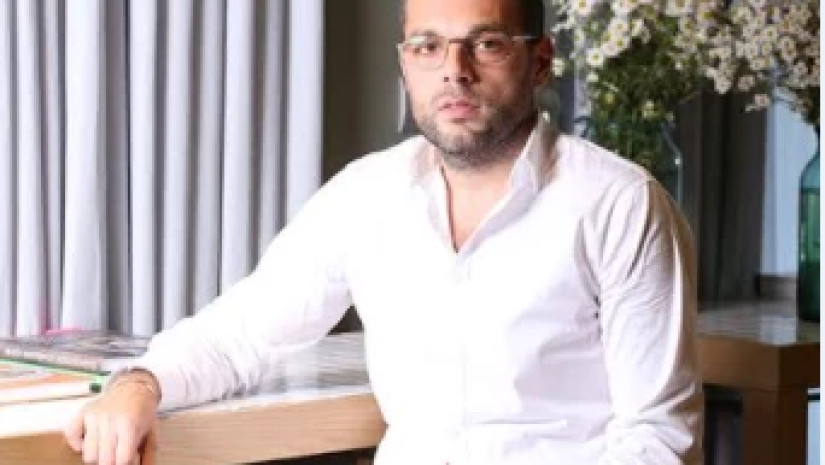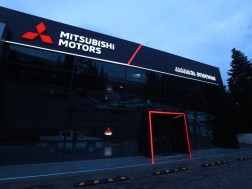Georgian brand new car market declined by 30% due to the global pandemic. In a very optimistic forecast scenario the market considers to return to 2019 level only in 2022. Iberia Business Group, one of the leading auto dealers in Georgia managed to maintain its employees for now. So, IBG is not in the list of companies that the Georgian PM warned to “take care of” for furloughing workforce. However, there are many obligations of businesses, like leasing, bank loans, rent et al that puts private sector into much harder conditions, together with maintaining its employees.
“The global pandemic has carried a significant impact over the global economy and Georgia was not an exclusion. It has affected our company significantly. The good news is we managed to maintain the whole staff and did not have to lay off them. The revenue of the brands incorporated at IBG is entirely dependent on vehicle sales and during the pandemic, operations were virtually completely suspended. However, even during that period we had to fulfill the obligations that we had taken before the pandemic,” Davit Gogorishvili, CEO at IBG, told BM.GE.
Iberia Business Group (IBG), established in 1999 is an official dealer of Volkswagen, Audi, Skoda Auto, Mitsubishi Motors, Seat, Kia Motors and Renault in Georgia.
Due to pandemic, for some time, IBG was forced to reduce salaries. However, by this time the initial benchmark of staff salaries has been fully resumed and as the company’s CEO states, they continue to operate with respect.
While recalling the past 21 years since an establishment of UBG, the holding has overcome many hindrances, be it the economic crisis, inflation, or many others. However, according to Gogorishvili, the current situation is completely different from all other existing situations, noting that first and foremost, of course, is the health of ourselves and those around us.
“It is a process that influences specific people and puts us in front of completely new reality. We, as well as our customers, have adapted to the process. This process is still going on and the main challenge for us is to create a concept, in order to manage to live a full life in this environment,” said Gogorishvili. Adding that, by that token, very noticeable is the uncertain financial reality that each of our fellow citizens is facing.
“I can talk about the example of our holding, which employs almost 200 people. In order not to have to put these people in an even more difficult situation and dismiss them, we spare no effort on a daily basis. Albeit, it should also be taken into account the fact that the company also has obligations such as leasing, banking institutions, suppliers, et al,” said Gogorishvili.
As of January-September 2020, sales of IBG brands totaled 521 units.
Pursuant to Gogorishvili, “notwithstanding that there are many international car brands operating in the local market and the competition is quite high, IBG brands are quite popular both in the retail and corporate segments. Hence, some of the brands in the holding, for example SKODA, MITBUSHI and KIA are unconditional bestsellers in the corporate segment. As for a premium brand like Audi and which has quite a specific customer, it is characterized by higher retail sales“.
Crisis is a living problem. This is what is happening now and what is the reality of today. Under these circumstances, the goal of IBG is to run the company effectively during the crisis and with as few losses as possible, and to be able to rehabilitate quickly in the post-crisis period.
“We have a straightforward and transparent communication strategy with our target audience: employees, suppliers, customers and shareholders. During this period, we were able to optimize costs in all possible directions. We have learned to work with viruses and try our best to create a safe environment for our employees and customers,” said Gogorishvili.
Gogorishvili believes, that the next year will be quite difficult for the businesses. “No one can make an accurate prediction of how the virus will progress”, said the CEO of IBG, adding that he does not expect the new car market to return to pre-pandemic level until 2022.














